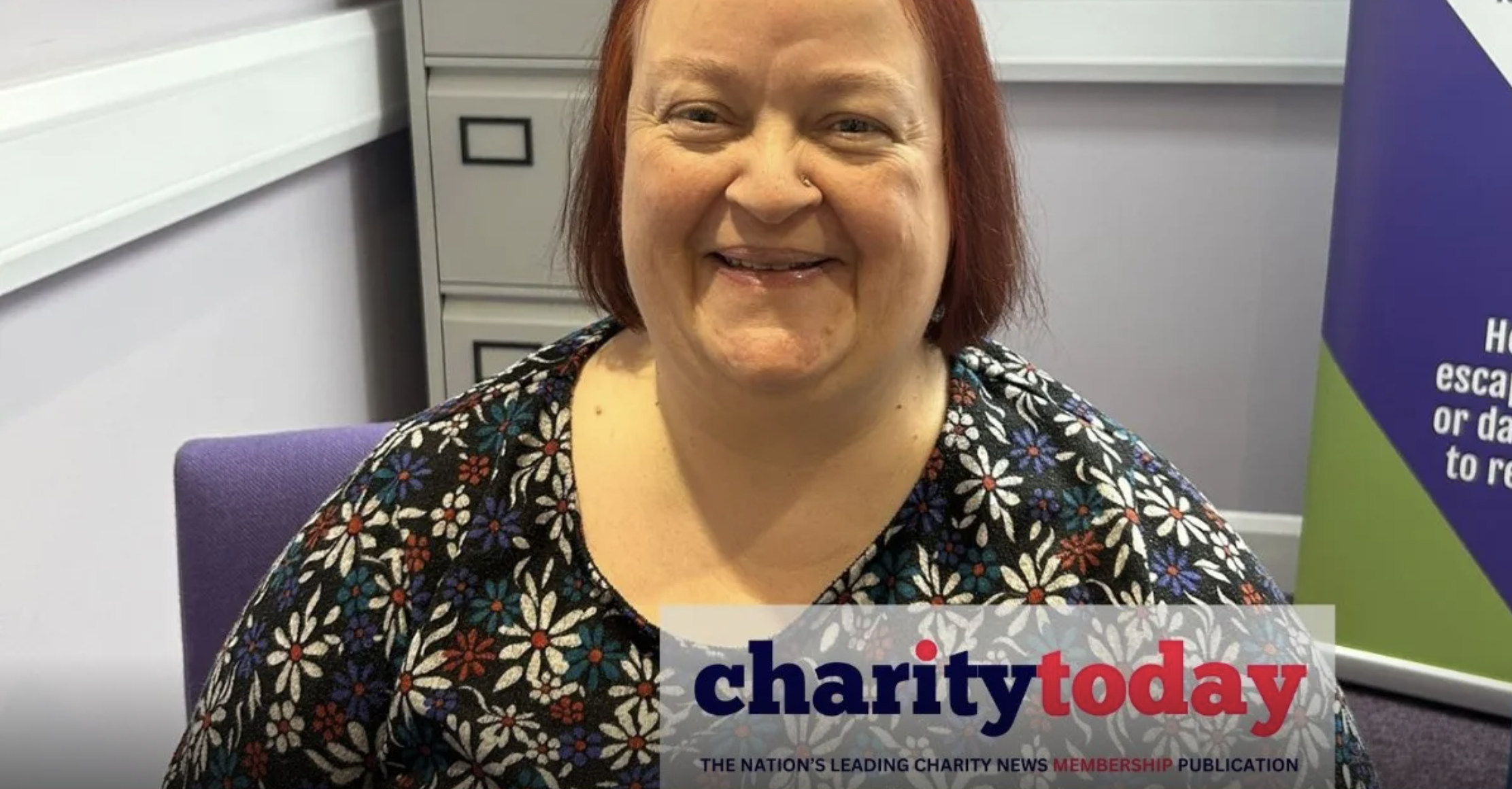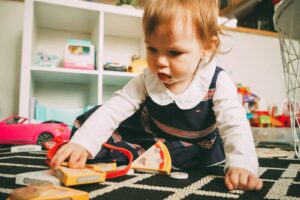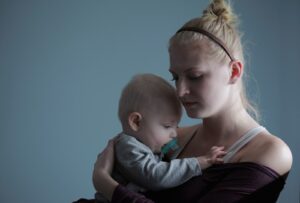Ecosystem created to help women flee abusive relationships
Lisa Hilder, founder and director of Preston Road Women’s Centre, explains her charity’s new programme has axed the number of survivors returning to their abusers from seven to just one.
Harrowing statistics from the National Centre for Domestic Violence (NCDV) show one in five adults experience domestic abuse during their lifetime. This equates to one in four women and one in six to seven men. What’s more, is the NCDV found women are more likely to experience repat victimisations, be physically injured or killed and experience sexual violence. With these facts in mind, Preston Road Women’s Centre (PRWC), a not-for-profit organisation based in Hull, has created a new ecosystem that has helped stop some women from returning to such harmful situations.

Image: Lisa Hilder
‘A woman who is trapped in an abusive relationship will leave and return a dozen times before deciding to ditch it for good,’ Lisa says. ‘This fact is well known in the domestic abuse sector, and much thought and care are given to identifying the ways in which women can be enabled to make those permanent breaks as soon as possible.’
Although the reasons for returning to toxic relationships remain ‘complex and unique’ to each case, Lisa says reasons often centre around isolation, escalation of threats, promises of better behaviour, increased exertion of control, shame, financial vulnerability, concern for children, lack of self-esteem and the threat of homelessness. She also remarks that ‘there is also the overriding human emotion of hope and optimism that can be easily manipulated by perpetrators who are seeking to re-exert their authority and coercive control.’
However, Lisa says the new ecosystem is designed to help women flourish from the moment they decide to flee their abusive relationship. The programme is comprised of different partnerships that supply good quality and safe housing for women and endless amounts of encouragement and support.
‘PRWC runs a number of services that collaborate across the organisation to provide a seamlessly integrated ecosystem in which a vulnerable and frightened woman can gently rediscover her strength and identity again outside of an abusive relationship,’ Lisa says. ‘At every stage, we are forward-focused. While the immediate concerns are based on providing urgent, safe accommodation for the woman and her children, we are acutely aware of the vulnerable moments a woman faces in the aftermath of her flight and how seasoned perpetrators can manipulate these moments and draw them to return to the abuse.’
Lisa adds: ‘We are actively working with social investors and other organisations within the sector to benchmark and disseminate the good practice that has enabled us to materially shift the paradigm for women trapped in and fleeing from abuse, providing support and resources that empower recovery and enable positive life outcomes for all.’
Images: Lisa Hilder and Ben White
Cambridgeshire supports domestic abuse survivors who have learning disabilities
Figures have hit an all-time high for women seeking refuge from domestic abuse
















